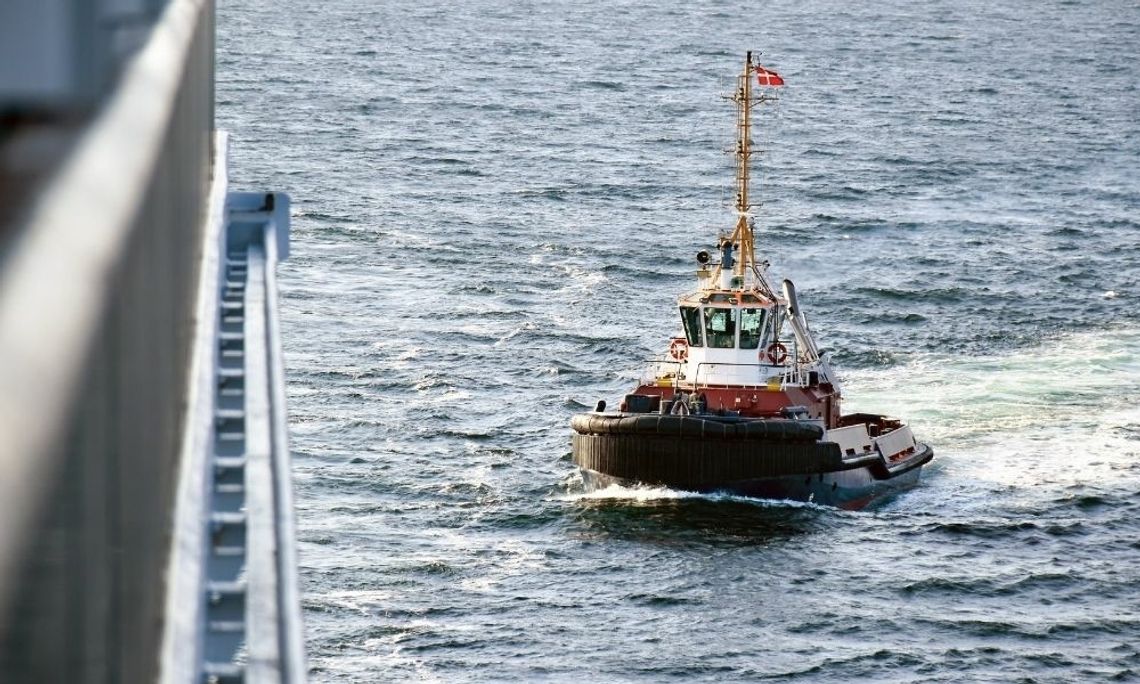Due to the inherent danger seamen on tugboats face, the law considers them to be “Wards of the Admiralty” that protect their rights by making them completely inalienable. This should give you an idea of how hazardous such working conditions are. If you’re going to keep yourself and the rest of your crew as safe as possible, you should be well informed on the dangers of working on a tugboat.
Mechanical Hazards
Despite the typical size of a tugboat, these vessels have incredible amounts of horsepower thanks to their
larger propellers. As a result, this poses a falling hazard if the boat should ever suddenly lurch. Additionally, tugboats employ large winches, drums, and tow lines that are necessities for their work. However, these pose a threat for injury, as a crewmate could become caught in the bite of a line or entangled within the steel wire. Tugboats also tend to use Kevlar lines that can potentially fall into the water and become tangled up in the propeller.
A tugboat’s main duty is escorting and towing larger ships, such as barges, in and out of the harbor. AS such, these industrial ships only continue to get bigger and heavier. This makes it easier for a barge to capsize or crush a tugboat if captains make a mistake in navigation. Further, the crews of tugboats are at risk of having line cables dropped on them from above.
Crewmate Risks
Some human errors a tugboat crew faces include slippery decks, which results in fall injuries, as well as communication issues. Many times, the barges and cargo ships that move in and out of a harbor are carrying crews that speak a different language. This can make it difficult to coordinate delicate situations and may result in mistakes due to a lack of clear communication.
Falling overboard is another common risk a crew faces—whether from rough waters, slipping overboard, or missing the jump between cargo ships as they hook them to their tugboat. Falling overboard can be fatal, especially in a busy harbor when it’s easy for the overboard crew to become caught between or under ships and crushed.
Liability Protection
It is the responsibility of ship owners or companies to provide their sailors with safe working conditions. Additionally, employers should cover any potential injuries that occur on the job. Due to the dangers of working on a tugboat, the Jones Act of 1920 allows sailors to take legal action against their employers if they feel their injury was a result of negligence while serving on the employer’s vessel.


Comment
Comments